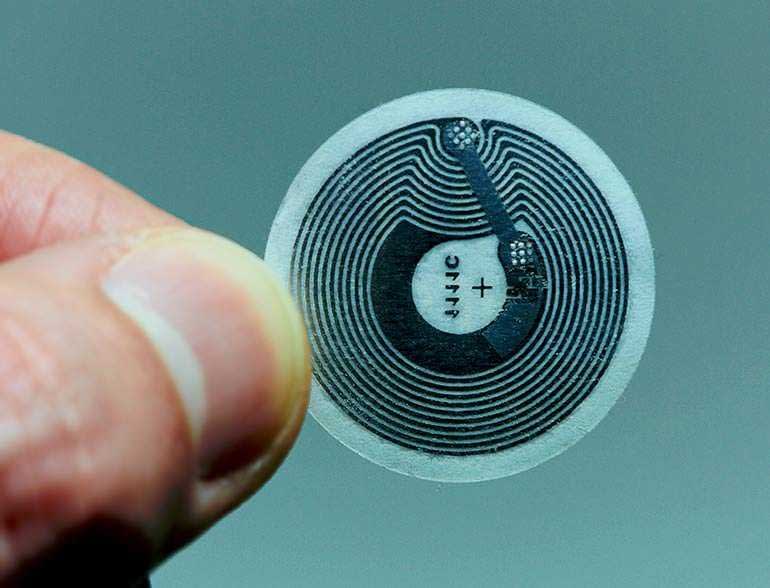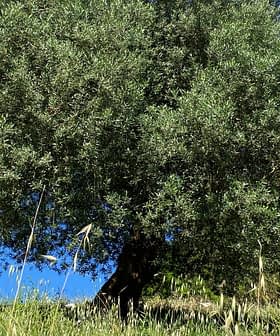Italian EVOO Brands Launch 'Smart Labels'
A new ‘smart label’ will allow consumers to check the steps of an olive oil's production chain with a simple tap of their NFC-enabled smartphones.
 Pietro Barachini and Dario Bronchi, founders of iOlive
Pietro Barachini and Dario Bronchi, founders of iOliveBottles with a new “smart label” will soon be released allowing consumers to check all steps of the oil’s production chain with a simple tap of their NFC-enabled smartphones.
The award-winning iOlive app integrates with the NFC SpeedTap™ tags “to enable product authentication, enhance consumer engagement, and fuel online sales,” said the founder of iOlive, Pietro Barachini
Thinfilm Electronics ASA, a leading company in the development and commercialization of printed electronics and smart systems, decided to test the NFC technology in the packaging of extra virgin olive oil.
“Near Field Communication is proved to be very effective in different areas, and the main goal of this new procedure, is to continue to increase security on product traceability,” Barachini said.
High-quality EVOO producers from Tuscany including Buonamici, La Ranocchiaia and Il Cavallino, and the olive nursery Pesciatina Horticultural Company SPO will join the project in the first testing phase.

The new tool can be useful to fight frauds, since every chip is uniquely numbered and impossible to clone. “During the period of harvest and production, companies will certify each step of the creation of their extra virgin olive oil, and data of each bottle will be stored and published on a web page which refers to the related chip,” Barachini specified.
With a simple tap of their smartphone, consumers will have all the guarantees with regard to the company, the production chain and the declared characteristics of products.
The small and flexible device is settled in the product’s packaging and, when it is tapped, it communicates with the cloud, enabling producers to connect with their customers and instantly furnish authentication messaging and product information.
NFC technology, which is currently available only with Android operating system, works in ‘proximity’ of the device, without the need to launch an app. “The label interacts with your smartphone, and the bottle becomes interactive,” Barachini said.
Their next project is to add an app that consumers can use to give feedback and contribute in terms of an assessment of the product. The manufacturers will be able not only to control the provenance of their EVOO, but also receive the opinions of customers.
“Consumers’ views are fundamental to improve quality,” Barachini added. “Heading in the direction of a transparent market system, we want to promote a ‘circular chain’ in which consumers, closely linked to producers, processors and control bodies, finally get the true value they deserve.”








